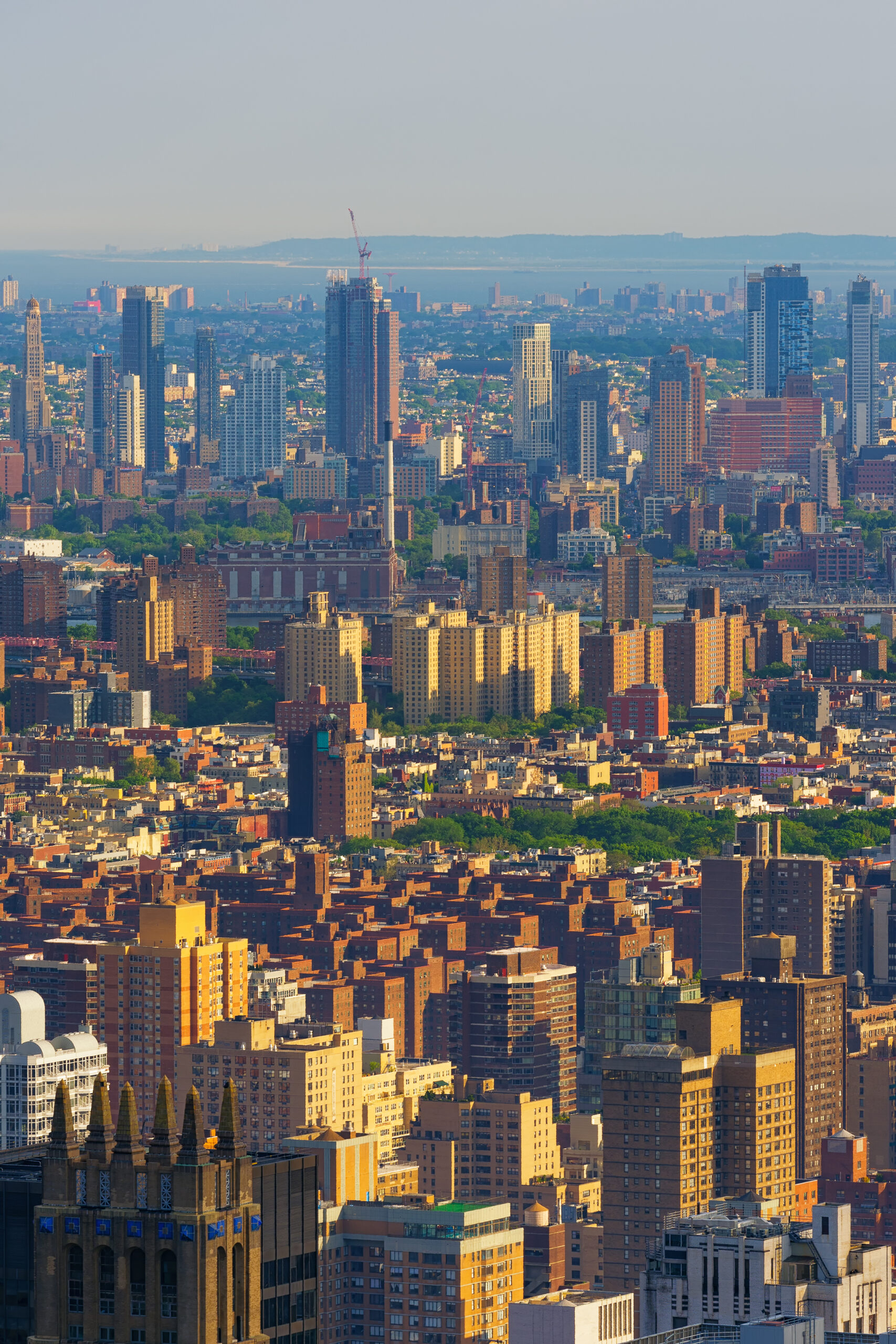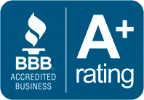Which Buildings Must Comply?
Local Law 97 applies to:
-
Commercial and residential buildings over 25,000 square feet
-
Multiple buildings on the same tax lot that together exceed 50,000 square feet
-
Condo and co-op properties subject to NYC benchmarking laws (LL84)
Certain building types—such as houses of worship, industrial facilities, and city-owned properties—have slightly different compliance paths or adjusted emission limits.
What the Law Regulates: Carbon Emissions, Not Energy Use Alone
Unlike older regulations focused only on energy efficiency or fuel types, LL97 sets carbon emission caps based on total building output.
That means even if your property uses efficient systems, your energy source mix—oil, natural gas, or electricity—still affects your emissions score.
In short: how you heat and power your building determines your local law compliance.
How Buildings Can Meet LL97 Standards
The city encourages a mix of strategies to cut emissions and improve building performance:
-
Upgrade HVAC and boiler systems to higher-efficiency models
-
Switch to cleaner fuels such as No. 2 heating oil or natural gas
-
Add smart building automation systems (BAS) to monitor and optimize usage
-
Improve insulation and windows for better energy retention
-
Use renewable or grid-supplied clean electricity
-
Benchmark and monitor progress annually using DOB’s reporting tools
At Energo, we help NYC property managers and building owners plan and implement these upgrades—from boiler conversions and efficiency audits to Local Law 84 and LL 87 filings.
What Happens If You Don’t Comply?
Starting in 2025, buildings that exceed their annual carbon limit can face hefty penalties—up to $268 per ton of CO₂ emitted over the cap. For large co-ops and commercial portfolios, that can mean tens or even hundreds of thousands of dollars in fines each year.
Energo’s compliance specialists help you avoid penalties by identifying your current emissions profile, comparing it to your LL97 limits, and creating a step-by-step retrofit plan.
Why This Law Matters for NYC’s Energy Future
Local Law 97 isn’t just a city initiative—it’s a model for global urban sustainability.
Buildings account for nearly 70% of New York City’s total carbon emissions, so improving energy performance has the greatest impact on climate goals.
For property owners, that means:
-
Lower long-term operating costs
-
Improved property values and tenant appeal
-
Eligibility for utility incentives and energy rebates
-
A future-ready building aligned with NYC’s evolving emissions standards
How Energo Helps You Stay Compliant
Energo is a proud participant in the NYC Accelerator Service Provider Program and a Con Edison/National Grid participating contractor, giving us unique insight into both regulatory requirements and practical energy solutions.
We help building owners with:
-
Energy audits and benchmarking (LL84, LL87)
-
Boiler upgrades, conversions, and triennial registrations
-
Heating oil and natural gas efficiency improvements
-
Building automation systems for real-time monitoring
-
Filing support and documentation for DOB compliance
Whether you manage a single co-op in Queens or a mixed-use portfolio in Manhattan, Energo makes NYC Local Law 97 compliance simple, proactive, and penalty-free.






Why Heating Oil Delivery Is Challenging in NYC — and How It’s Handled
Delivering heating oil to a suburban house on a wide street is one thing – delivering to a Manhattan brownstone on a narrow, parking-scarce block is another. In dense urban neighborhoods like New York City, heating oil delivery comes with unique challenges.
When Heating Oil Will Be Phased Out in NYC: The Real Timeline for Buildings
Heating oil is not being banned all at once in New York City — but it is being phased out in clear, enforceable stages. The phase-out of heating oil in NYC buildings began more than a decade ago with the elimination of the dirtiest fuel oils and continues through a series of enforceable deadlines that extend into the 2030s and beyond.